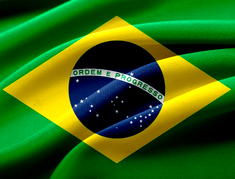
INDEPENDENCE OR DEATH!
Last updated: Wednesday September 9th, 2020
Report this blog
Today, let's talk about yesterday (isn't it kind of ironic?) Yesterday, on September 7, 2020, we celebrated a holiday. A very special holiday (at least for me, and some other Jetpunker's ...). What is the date? The 198 years that Brazil ceased to be subordinate to Portugal, and became free and independent! Or translating, on September 7, 1822 Independence of Brazil was declared.
So, do you want to know more about that day? Just continue here in this article!
Source: Wikipedia and Wikipedia again
Independence Day (also called Brazil's Independence Day, Seven of September, and Fatherland Day) is a national holiday in Brazil celebrated on September 7 of each year. The date commemorates the Declaration of Independence of Brazil from the Portuguese Empire on September 7, 1822.
In 1808, French troops commanded by Emperor Napoleon Bonaparte invaded Portugal as a form of retaliation against the Iberian country for its refusal to participate in the trade embargo against the United Kingdom. Fleeing persecution, the Portuguese royal family transferred the Portuguese court from Lisbon to Rio de Janeiro, then capital of Colonial Brazil. In 1815, Prince Regent D. João VI created the United Kingdom of Portugal, Brazil and Algarves, elevating Brazil to the status of a subordinate kingdom to Portugal, increasing the colony's administrative independence.
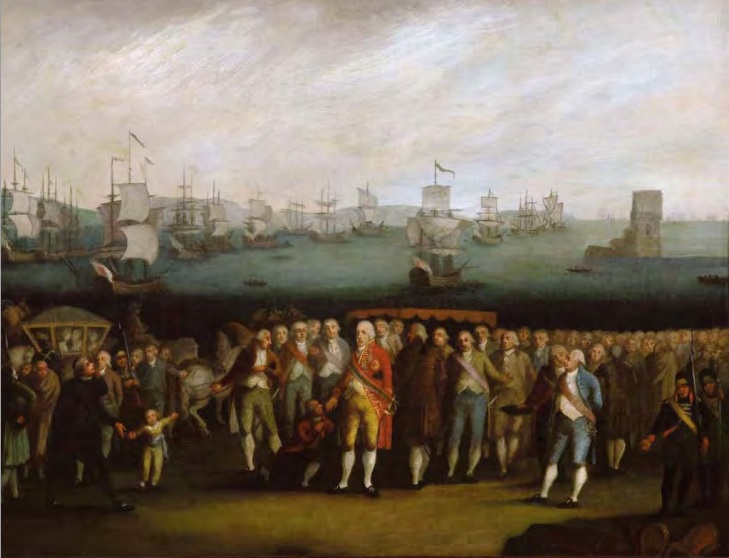
In 1820, a political revolution broke out in Portugal, forcing the royal family to return. The heir of D. João VI, prince D. Pedro de Alcântara, remained in Brazil.
Pernambuco was the first Brazilian province to separate from the Kingdom of Portugal. On August 29, 1821, an armed movement began against the government of Captain General Luís do Rego Barreto - the tormentor of the Pernambuco Revolution -, culminating in the formation of the Junta de Goiana, becoming victorious with the surrender of the Portuguese troops in a capitulation signed on October 5 of the same year, when the Beberibe Convention, responsible for the expulsion of Portuguese armies from Pernambuco territory. The 1821 Constitutionalist Movement is considered the first episode of Brazil's independence.
Also in 1821, the Portuguese Legislative Assembly determined that Brazil should return to its previous condition of subordination, as well as the immediate return of the crown prince to the Portuguese throne. Dom Pedro, influenced by the Senate of the Chamber of Rio de Janeiro, refused to return on January 9, 1822, on the date that would become known as Dia do Fico.
On June 2, 1822, Dom Pedro I convened the first Brazilian Constituent Assembly. On August 1, he declared the Portuguese troops to land in Brazil as enemies and, days later, signed the Manifesto to the Friendly Nations, justifying the breaking of relations with the Lisbon court and guaranteeing the country's independence, as a sister kingdom of Portugal.
On September 2, 1822, a new decree with Portuguese requirements arrived in Rio de Janeiro, while D. Pedro was traveling to São Paulo. His wife, Princess Maria Leopoldina, acting as regent princess, met with the Council of Ministers and decided to send a letter to her husband advising him to declare Brazil's independence. The letter reached D. Pedro on September 7. On the same day, in a famous scene on the banks of the Ipiranga Stream, he declared Brazil's independence, ending the 322 years of colonial rule exercised by Portugal. According to researcher Laurentino Gomes, author of a book about the event, D. Pedro "could not wait for the arrival in São Paulo, where he could announce the decision". Gomes adds that he "was a reckless man in his decisions but had the profile of the leader that Brazil needed at the time, as there was no time to think".
On September 7, when he returned to Rio de Janeiro, Pedro received the letter from José Bonifácio and from Leopoldina. The prince was informed that the Cortes had annulled all acts of Bonifácio's office and removed the remaining power he still had. Pedro turned to his companions, who included his Guard of Honor and said: "Friends, the Portuguese Courts want to enslave and persecute us. As of today, our relations are broken. No bond uniting us any more" and it continued after he tore off the blue and white armband that symbolized Portugal: "Take off your armbands, soldiers. Long live independence, freedom and separation from Brazil." He drew his sword stating that "For my blood, my honor, my God, I swear to give Brazil freedom" and shouted: "Independence or death". This event is remembered as Grito do Ipiranga.
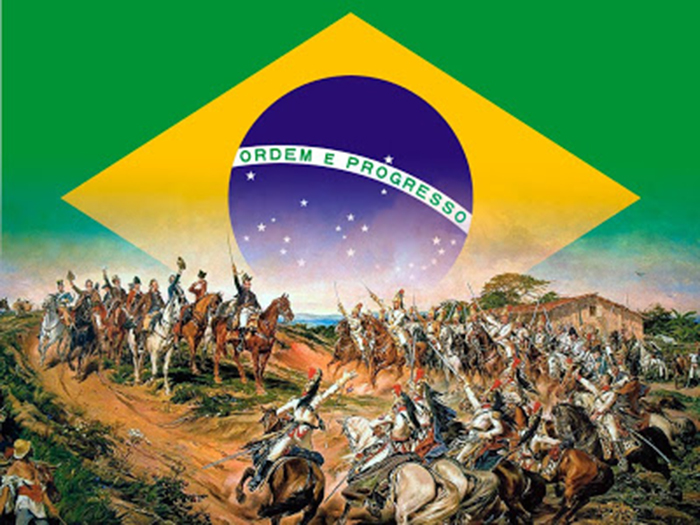
Upon arriving in the city of São Paulo, on the night of September 7, 1822, Pedro and his companions spread the news of Brazil's independence from Portuguese rule. The prince was received with a great popular feast and was called "King of Brazil", but also "Emperor of Brazil". He returned to Rio de Janeiro on September 14 and in the following days the liberals spread pamphlets (written by Joaquim Gonçalves Ledo), which suggested the idea that the prince should be acclaimed Constitutional Emperor. On September 17, the Mayor of Rio de Janeiro, José Clemente Pereira, sent to the other Chambers in the country the news that the Aclamation would take place on Pedro's birthday, on October 12. The following day, the new flag and coat of arms of the independent kingdom of Brazil were created.
The official separation from Portugal would only take place on September 22, 1822, in a letter written by Pedro to João VI. In it, Pedro still calls himself "Prince Regent" and his father is referred to as the independent King of Brazil. On October 12, 1822, in Campo de Santana (later known as Campo da Aclamação) Prince Pedro was acclaimed Dom Pedro I, Constitutional Emperor and Perpetual Defender of Brazil. It was at the same time the beginning of Pedro's reign and also of the Empire of Brazil. However, the Emperor made it clear that, although he accepted the title, if John VI returned to Brazil he would descend from the throne in favor of his father.
The reason for the imperial title was that the title of king would symbolically mean a continuation of the Portuguese dynastic tradition and perhaps the dreaded absolutism, while the title of emperor derived from popular acclaim, as in Ancient Rome. On December 1, 1822 (anniversary of the acclamation of D. João IV, the first king of Casa de Bragança) Pedro I was crowned and consecrated.
After the military process was completed in 1823, diplomatic negotiations for the recognition of independence by European monarchies remained. Brazil negotiated with Great Britain and agreed to pay damages of 2 million pounds sterling to Portugal in an agreement known as the Treaty of Friendship and Alliance signed between Brazil and Portugal.
The United States was the first to recognize Brazilian independence in 1824. This stance stems from the Monroe Doctrine, launched in 1823, against the intervention and colonization of European powers on the American continent, favoring its actions on the rest of the continent.
Mexico was the second to recognize. Other newly independent American states (republicans) were resistant to the adopted monarchical regime and also to Pedro I's tendencies towards absolutism. The political characteristics of newly independent Brazil were suspected of being a means of recolonization by the European colonial empires of the American republican states. This is because, on the European continent, the Holy Alliance defended absolutist monarchy and colonialism, in addition to opposing Great Britain.
Interested in commercial and political privileges in America, but without losing the alliance with Portugal, Great Britain mediated Pedro I's negotiations with the former metropolis Portugal. In 1825, mediated negotiation resulted in Portuguese and British recognition, payment by Brazil of a sum to Portugal as "indemnity" and commercial benefits from Brazil to Great Britain.
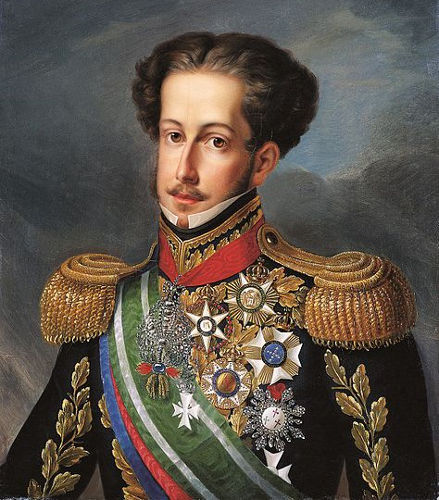
Independence Day is marked by patriotic parades in most Brazilian cities. The most famous of them takes place in Brasília, at the Esplanada dos Ministérios, with the presence of the President of the Republic, who searches the troops.
Similar parades take place in all state capitals, with the presence of the respective governors, and in several other cities across the country.
In New York, in the United States, the Brazilian Day event takes place every year to celebrate Brazil's Independence Day. The central point of the event is a show that already had the participation of several famous artists, such as Daniela Mercury, Ivete Sangalo, Chitãozinho & Xororó, Skank, Sandy & Junior, Cláudia Leitte and Banda Calypso. In 2008, the event brought together about one and a half million spectators, according to estimates by the local police.
In 2015 the singer Paula Fernandes was chosen for the opening show of the event, in 2012 the singer was the main attraction in the event edition in Lisbon.
Rede Globo sponsors the event and broadcasts it live to Brazil and more than 115 countries through Globo Internacional. In 2003, Brazilian Day expanded to other cities, such as Toronto, Tokyo, London and Luanda.
Similar events take place in Deerfield Beach, Florida, San Diego and Los Angeles, California.

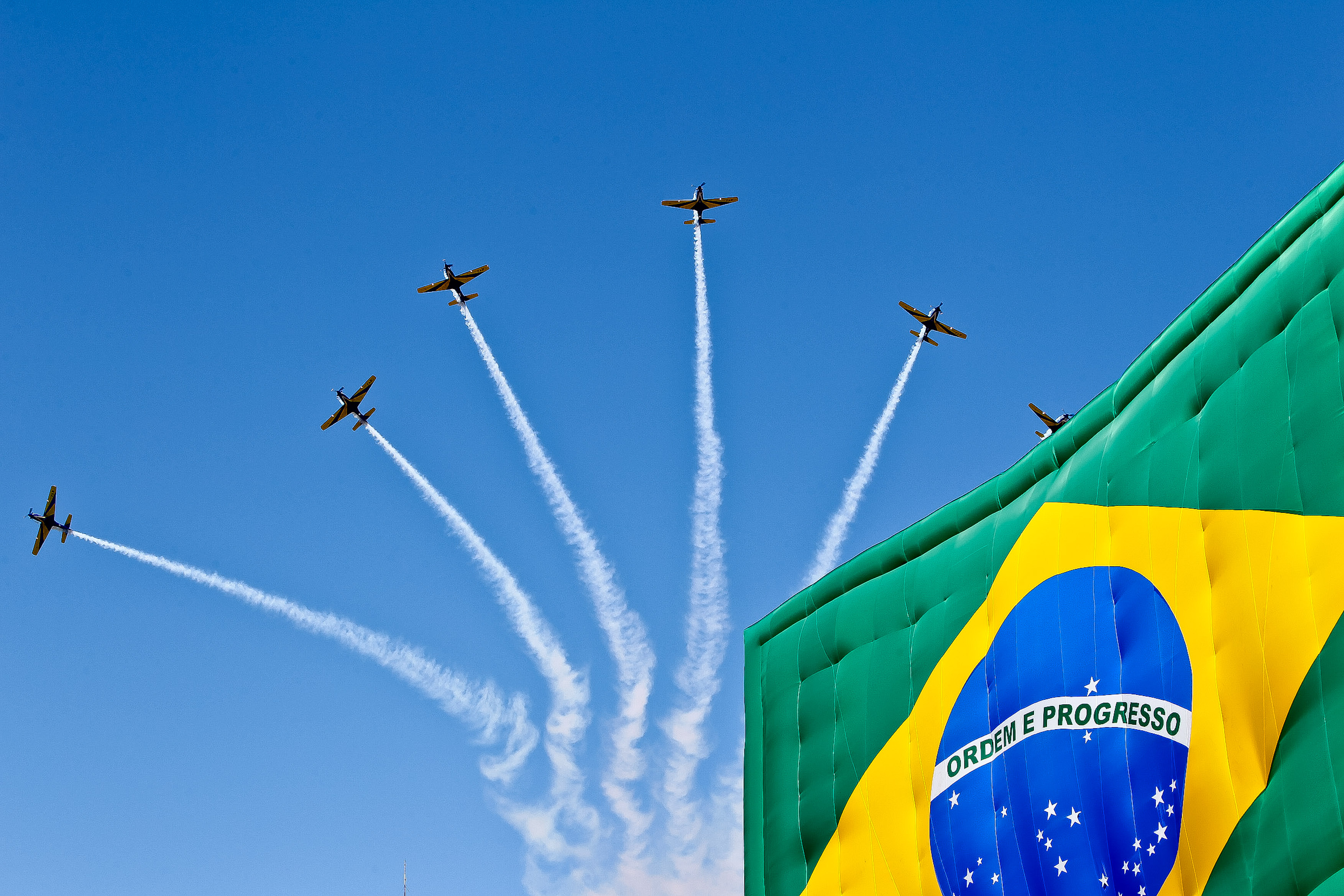
Liked? So stay open to the news here on my blog! Thank you very much for that minute of attention, and until the next post!
